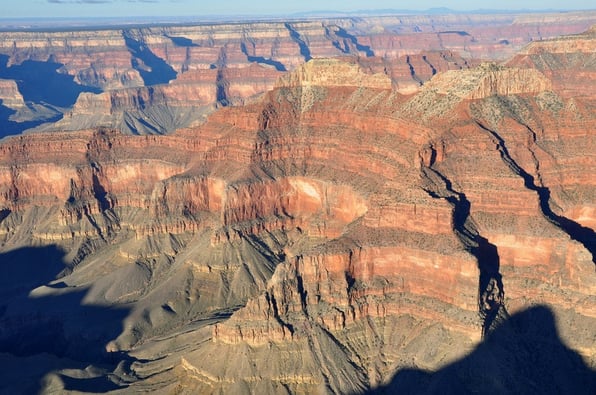
New Science and Social Studies Lessons for Grades 3, 4, and 5
We have tons of new Common Core-aligned science and social studies for your grade 3, 4, and 5 students this week. These lessons align with existing Grade 6-12 content for ten full levels of differentiation.
Science
The Future of Farming: How can we prepare to farm in a world with a changing climate? These lessons give students an opportunity to learn and practice key vocabulary about agriculture, technology, and climate change. View lessons >>
Fossil Records: How have fossil records changed our understanding of the Earth? These lessons feature pairings of articles and visual sources that students analyze in order to gain a fuller understanding of the history of the Earth. View lessons >>
Homeostasis: How does the human body maintain homeostasis? In these lessons, students learn and practice the key vocabulary of this essential body system. View lessons >>
Food and the Environment: How do personal food choices make an impact on the environment? These lessons give students an opportunity to analyze the arguments authors make about human impacts to the environment and then craft their own arguments in response. View lessons >>
Water Purification: Should scientists focus their research efforts on water purification or methods for reducing water pollution? In these lessons, students read about different approaches to increasing global access to clean water and make arguments about the best ways to achieve that goal. View lessons >>
Social Studies
The U.S. Constitution: How do certain elements of the United States Constitution reflect the issues faced by the new nation? These lessons give students an opportunity to learn about the creation of the foundational document of U.S. law. View lessons >>
Economic Disasters: What factors lead to economic disasters? In these lessons, students learn key vocabulary to describe the causes and effects of some the most dramatic economic disasters in history. View lessons >>
Hydroelectric Power: What is the most important factor to consider when building dams for hydroelectric power? These lessons featured paired texts to describe the various factors governments consider when they decide to use their natural resources to generate hydroelectric power. View lessons >>

Claire has spent her career managing content creation of every possible sort, from print textbooks to marketing collateral to a travel blog. Having worked with major educational publishers and mobile companies, she brings project management and editorial expertise to her role at ThinkCERCA.
Claire has a degree in journalism from Northwestern University and a PMP certificate from the Project Management Institute.
